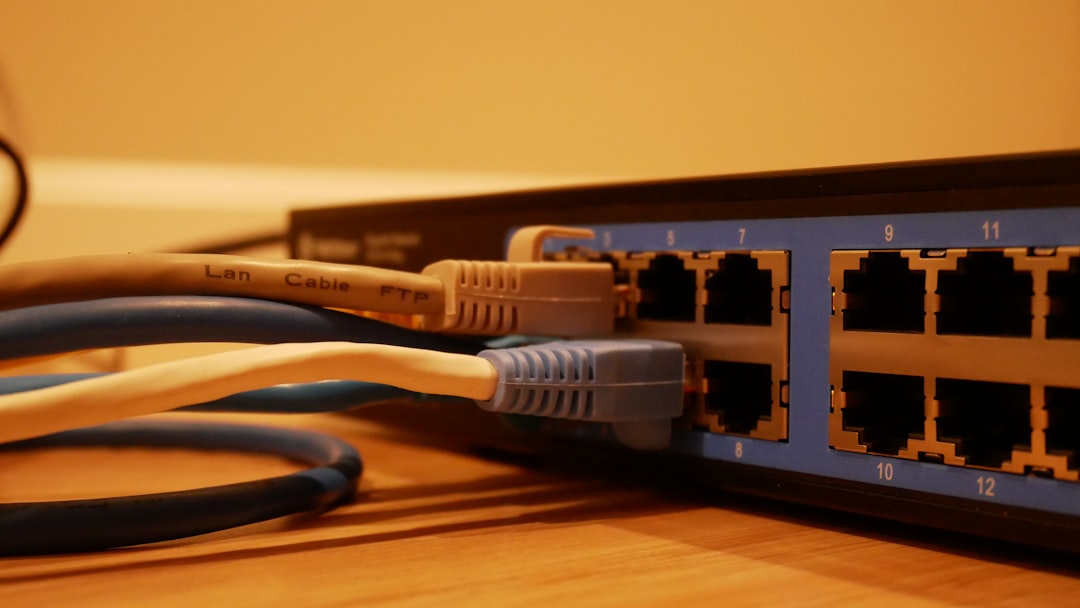Traveling to or living in China can present technological challenges, particularly if you’re trying to access websites, apps, or online services blocked by the country’s Great Firewall. A Virtual Private Network (VPN) becomes an indispensable tool for staying connected with the global internet. However, using a VPN in China requires some preparation and know-how. Here are five essential tips to ensure you can navigate the VPN landscape effectively and securely.
1. Choose a Reliable VPN Before You Arrive
Table of Contents
Not every VPN is capable of bypassing China’s sophisticated censorship system. The Great Firewall, as it is commonly known, actively blocks most VPN services. Before you arrive in China, research and subscribe to a trustworthy VPN that’s known for working consistently there. Some tried-and-tested VPNs are updated regularly to avoid detection.
Ensure the VPN service you select offers strong encryption, fast servers, and compatibility across multiple devices. Moreover, download the VPN and set it up on all your devices before entering China, as accessing VPN provider websites once inside the country is often impossible.
Key Tip: Look for VPNs with features like obfuscated servers, which make VPN traffic look like regular traffic to avoid detection by the Great Firewall.

2. Update Your VPN App Regularly
China’s firewall technology is constantly improving, meaning that your VPN provider will need to roll out frequent updates to keep up. Make sure you keep your VPN app updated with the latest version to avoid service disruptions. Many high-quality VPN providers will also communicate important updates via email, so stay tuned to their messages.
An outdated VPN app may fail to connect to servers, leaving you without access to the open internet. By keeping your VPN app updated, you ensure maximum compatibility with the provider’s servers and can reliably bypass censorship restrictions.
3. Experiment With Connections
Sometimes, one VPN server might not work in China while another works flawlessly. It’s a smart idea to experiment with different server locations or connection protocols if you encounter problems. Most VPNs allow you to switch between several servers worldwide, so don’t be afraid to test connections in multiple countries.
If your VPN has additional protocol options like OpenVPN, IKEv2, or WireGuard, try switching between them. Each protocol uses a different method to secure communication, and one might perform better in situations where strict censorship is applied.
4. Prepare for Slower VPN Speeds
Be prepared to experience slower internet speeds when using a VPN in China. This slowdown happens not only because VPN encryption takes time but also because Chinese internet infrastructure imposes additional latency when connecting to overseas servers. While this is unavoidable, some steps can help minimize the impact:
- Select servers geographically closer to China – for example, in Hong Kong or Japan.
- Opt for lightweight websites and apps when browsing the web.
- Clear your cache and disable background apps to focus bandwidth on your primary tasks.

5. Plan for Backup Options
Even the best VPNs can occasionally fail in China, especially during politically sensitive periods when the government ramps up internet restrictions. To ensure uninterrupted access, it’s wise to have a backup plan. Consider the following:
- Subscribe to two different VPN services, so you can switch in case one stops working.
- Save offline copies of critical materials, apps, or resources you might need.
- Learn how to manually set up VPN configurations, as built-in clients on devices can sometimes work better than apps.
Staying flexible and ready for disruptions is key to maintaining access to the open internet while in China.
Additional Security Tips
Finally, always prioritize safety when using a VPN. Avoid logging into questionable websites or providing sensitive information over public Wi-Fi networks, even when using a VPN. Also, turn off your VPN when engaging in local activities, such as using Chinese-only apps or accessing regional services, to improve connection reliability.
Many people also choose to use a “kill switch” feature, available in most premium VPNs, which disconnects your internet if the VPN connection fails. This way, your real IP address will never be exposed if the VPN suddenly goes offline.

Conclusion
In summary, using a VPN in China can be a lifeline for unrestricted internet access, but it requires informed preparation. Choose a reliable VPN before traveling, keep your software updated, experiment with server connections, and plan for potential disruptions to make the most of this essential technology. By following the tips outlined above, you can confidently stay connected, informed, and secure during your time in China.

